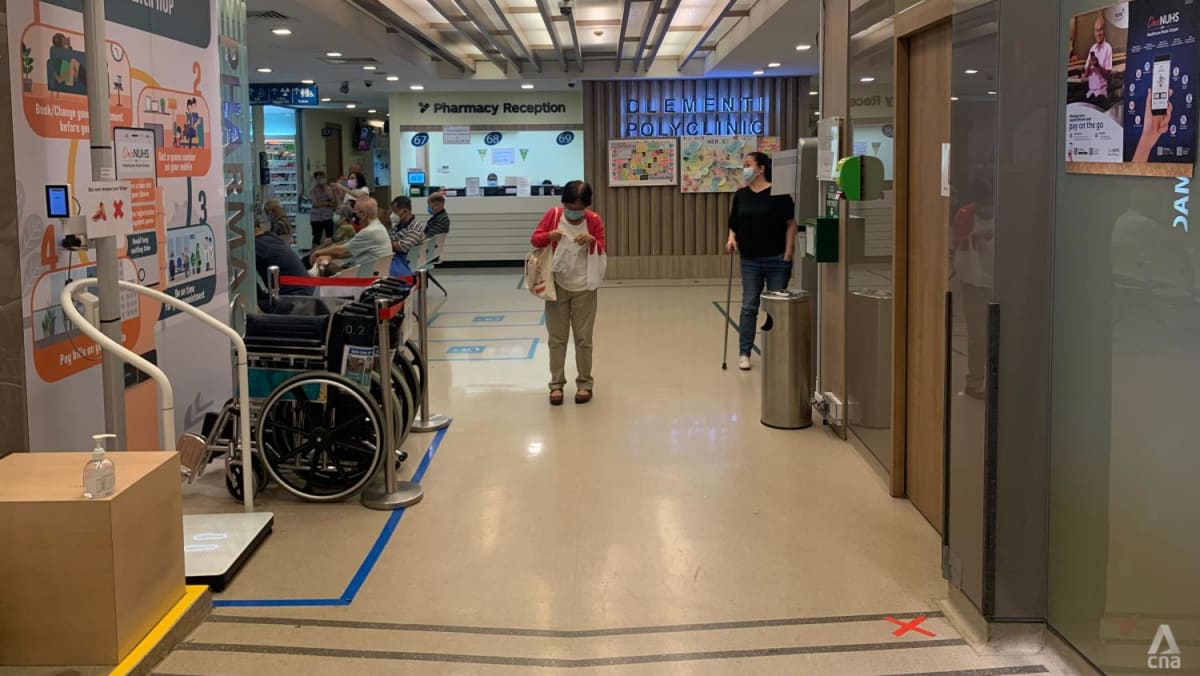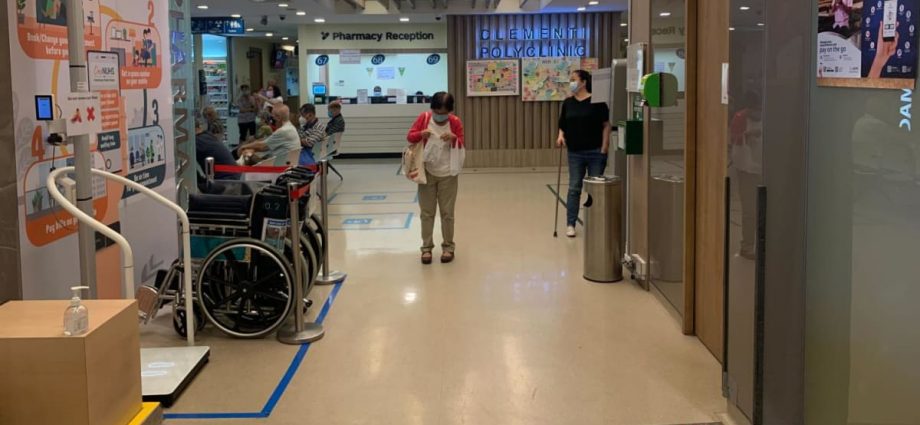
SUPPORT FOR THE ELDERLY
Other MPs raised possible challenges in getting seniors, who are less digitally savvy and mobile, to enrol and follow up with Healthier SG.
Dr Wan Rizal asked if there are enough resources to support the elderly, who may live in older neighbourhoods with fewer GP clinics.
“For the elderly who are less mobile or immobile, regular visits to the doctor may be challenging. How does MOH intend to engage and support them?” Dr Wan Rizal said, suggesting that ground efforts – similar to those mooted during the COVID-19 pandemic – may be helpful to seniors.
He added that the elderly would need a longer consultation time, thus increasing the daily workload of doctors.
MP Tan Wu Meng (PAP-Jurong) asked how the Government would engage seniors who do not use smartphones.
Those participating in Healthier SG will have a health plan on the digital platform HealthHub, which will record key points of discussions with doctors and track health outcomes. They will also be able to use the mobile application Healthy 365 to track physical activities and diets and get access to community activities.
However, Dr Tan said some seniors would not be comfortable with such technologies.
“There must be careful attention to ease of use, understanding what our seniors and elderly need and find easy to use. Technology must serve, adapt and bend to the person, rather than getting people to bend to the technology. Seniors who feel left behind by digital change should not be treated as having fallen by the wayside, or not able to adapt,” he said.
The plan to use technology to help implement the Healthier SG programme is “laudable” and should be explored, said Nominated Member of Parliament Janet Ang.
The IT system, health communications network and the National Electronic Health Records systems are critical for the successful implementation of the initiative, she added.
“MOH has done very well … in this space but will need to continue to invest as more still needs to be done to ensure system up-time, efficient sharing and update of the patient’s health records while ensuring data is secure and personal data duly protected,” said Ms Ang.
Doctors, nurses and staff will also need to be trained to educate and support patients in the enrolment and transition, she added.
“What help and support will MOH provide to help the GPs and clinics transition to the level of digital that will enable them to perform their role in this healthcare model?”
Ms Ang also expressed concern for elderly citizens who may be less familiar with technology, noting that there is a large group of seniors who may not be digitally savvy.
“How will MOH onboard this segment of citizens who are digitally naive and who are likely to be from lower-income households?”
MP Dennis Tan (WP-Hougang) stressed the need to improve outreach efforts to engage elderly patients.
He noted that under the White Paper, the number of eldercare centres will increase from 119 to 220 by 2025. Eldercare centres will connect seniors with community programmes, offer community-based monitoring of vital signs such as blood pressure, in between visits to the doctor, as well as help to roll out other healthcare initiatives.
However some elderly keep to themselves, while others live alone. In such cases, MOH can study how to improve outreach efforts so that all seniors can benefit from programmes under Healthier SG, said Mr Tan.

